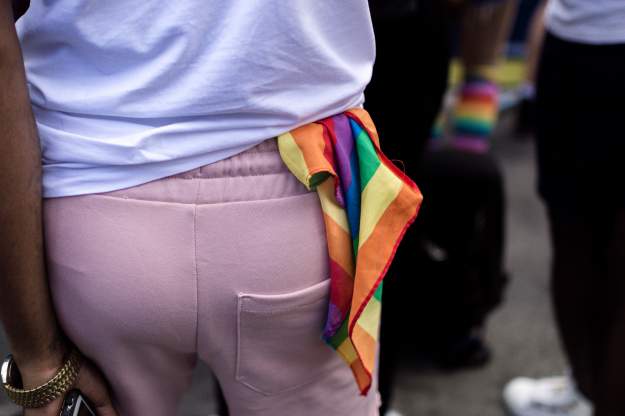
Last week, we shared the news with you that a historic court ruling in Costa Rica could bring gay marriage to 20 different nations.
The Inter-American Court of Human Rights decided in favor of marriage equality while ruling over a petition from two years ago.
Cosa Rican President Luis Guillermo Solis told one source:
“The Western Hemisphere is rejoicing over the ruling in a marriage equality case out of Costa Rica. Not only is the ruling binding for the Central American country, the Inter-American Court of Human Rights ruling also sets precedent for 19 other countries who have agreed to abide by the court’s decisions.
The ruling is legally binding in Argentina, Barbados, Bolivia, Brazil, Chile, Colombia, Costa Rica, the Dominican Republic, Ecuador, El Salvador, Guatemala, Haiti, Honduras, Mexico, Nicaragua, Panama, Paraguay, Peru, Suriname and Uruguay.”
That said, the compliance of those other countries isn’t necessarily guaranteed. Luckily, however, Panama has announced their decision to work with the ruling.
Vice President Isabel de Saint Malo announced on Tuesday to all sections of the government that they would be following the ruling.
“We are sure that with it we will be able to advance an agenda of equity and nondiscrimination even further,” added Saint Malo, according to TVN, a Panamanian television station.”
“She is complying with the opinion itself that calls upon member states to adjust national law and practices to implement the full human rights protections for LGBTI people,” Iván Chanis Barahona, president of Fundación Iguales, a Panamanian advocacy group, told the Washington Blade on Wednesday from Panama City. “This decision of the Panamanian government is consistent with a long tradition of international support and respect of the inter-American human rights system, and Panama’s recognition of the binding, ipso facto jurisdiction of the court on all matters relating to the interpretation or application of the American Convention on Human Rights.”







